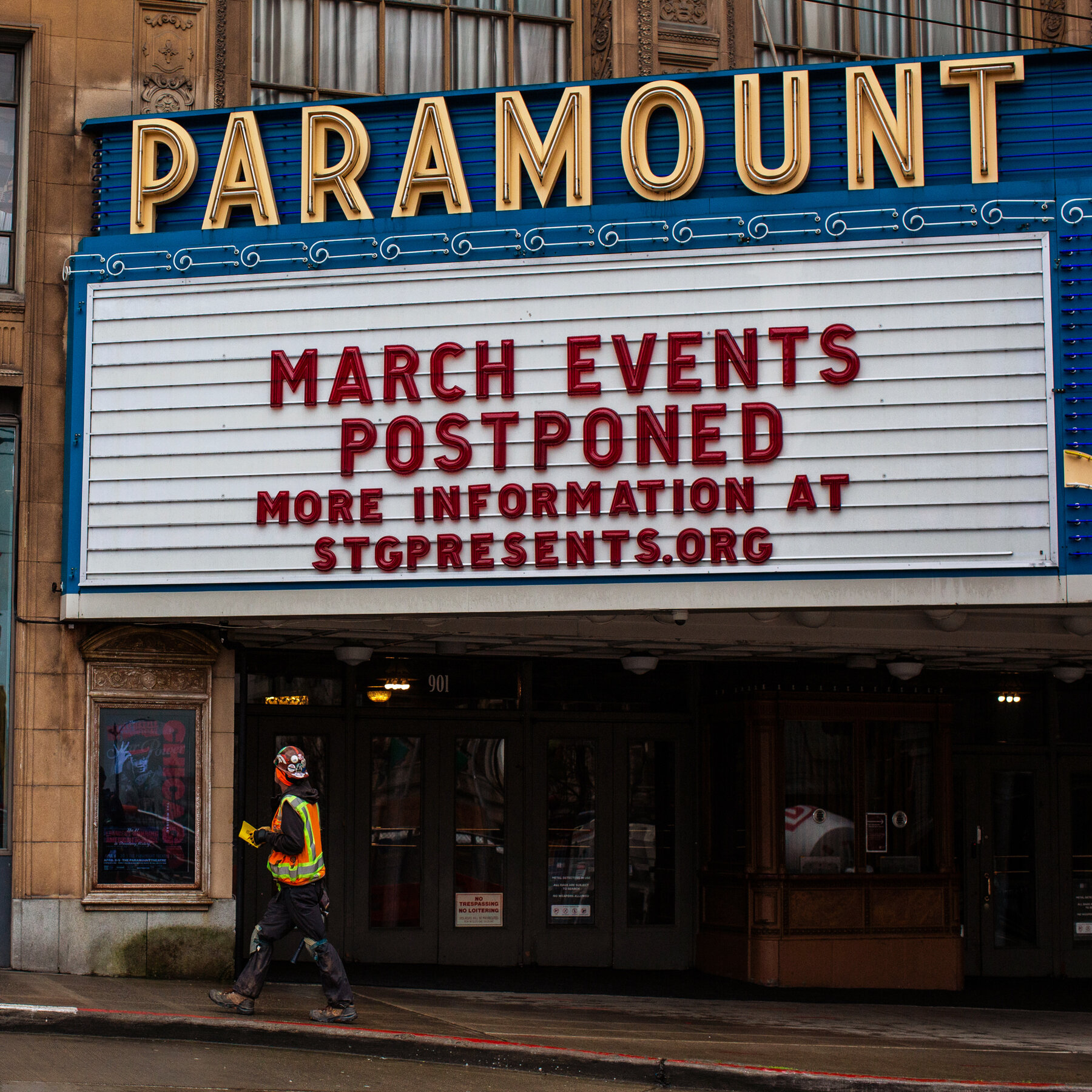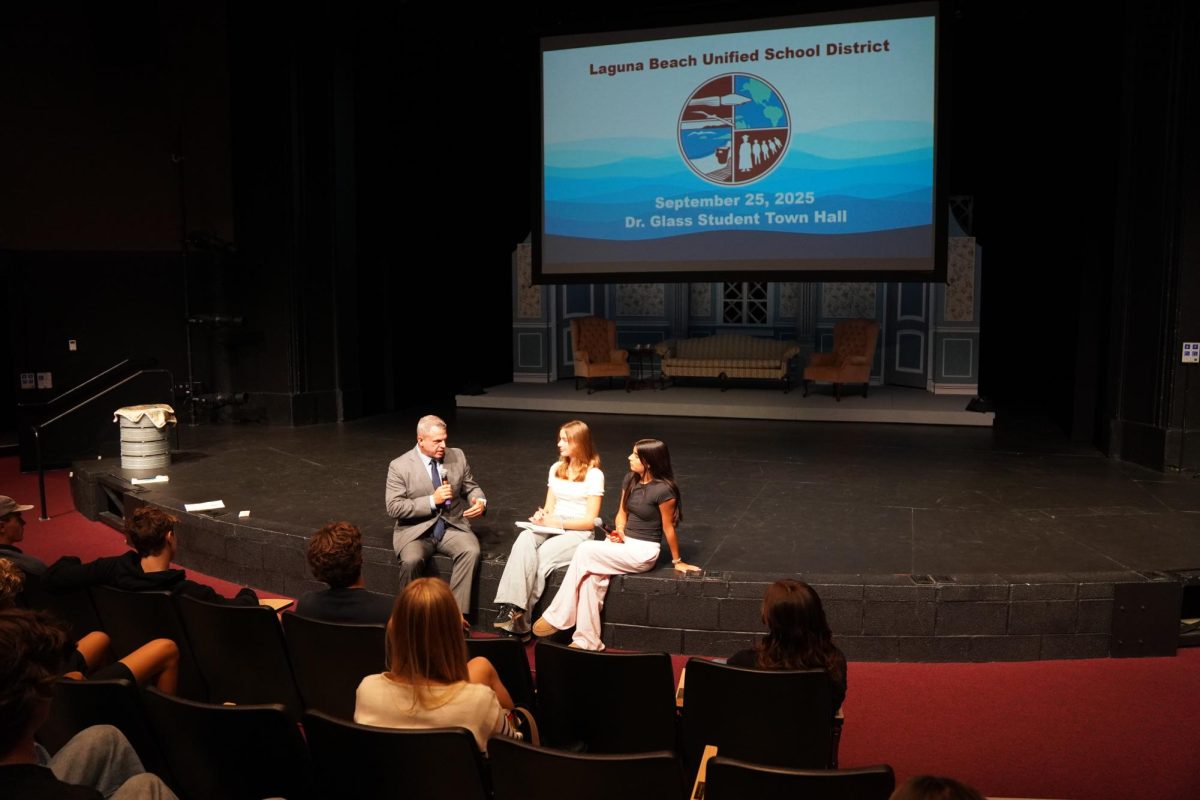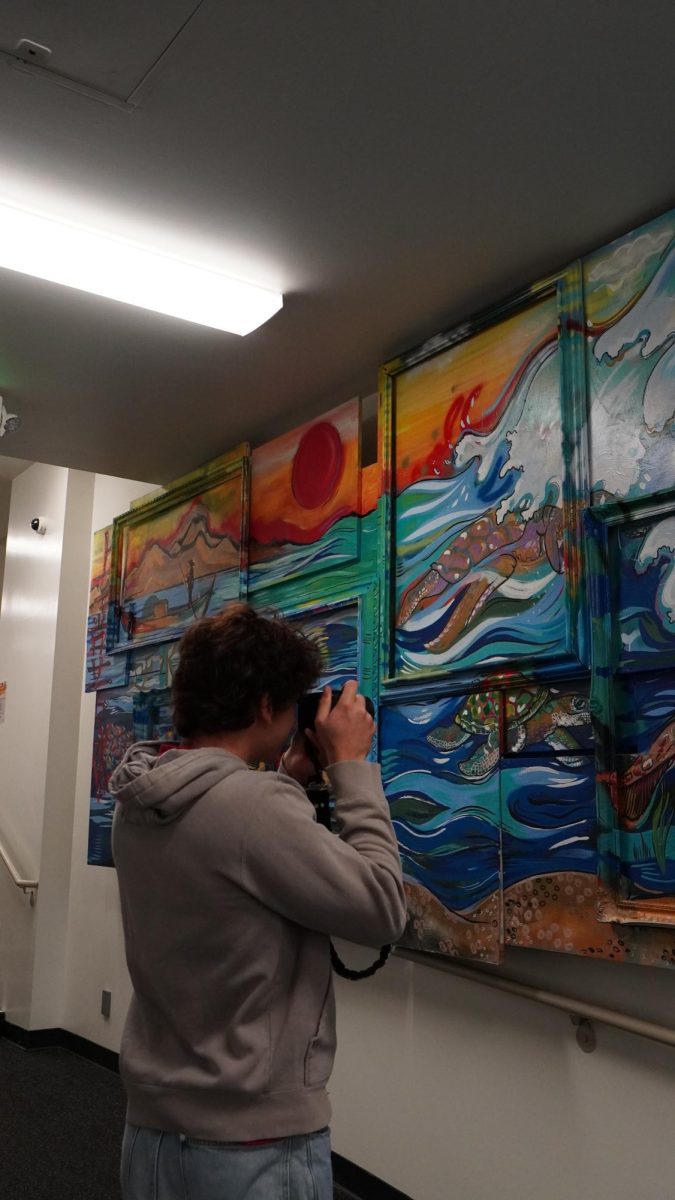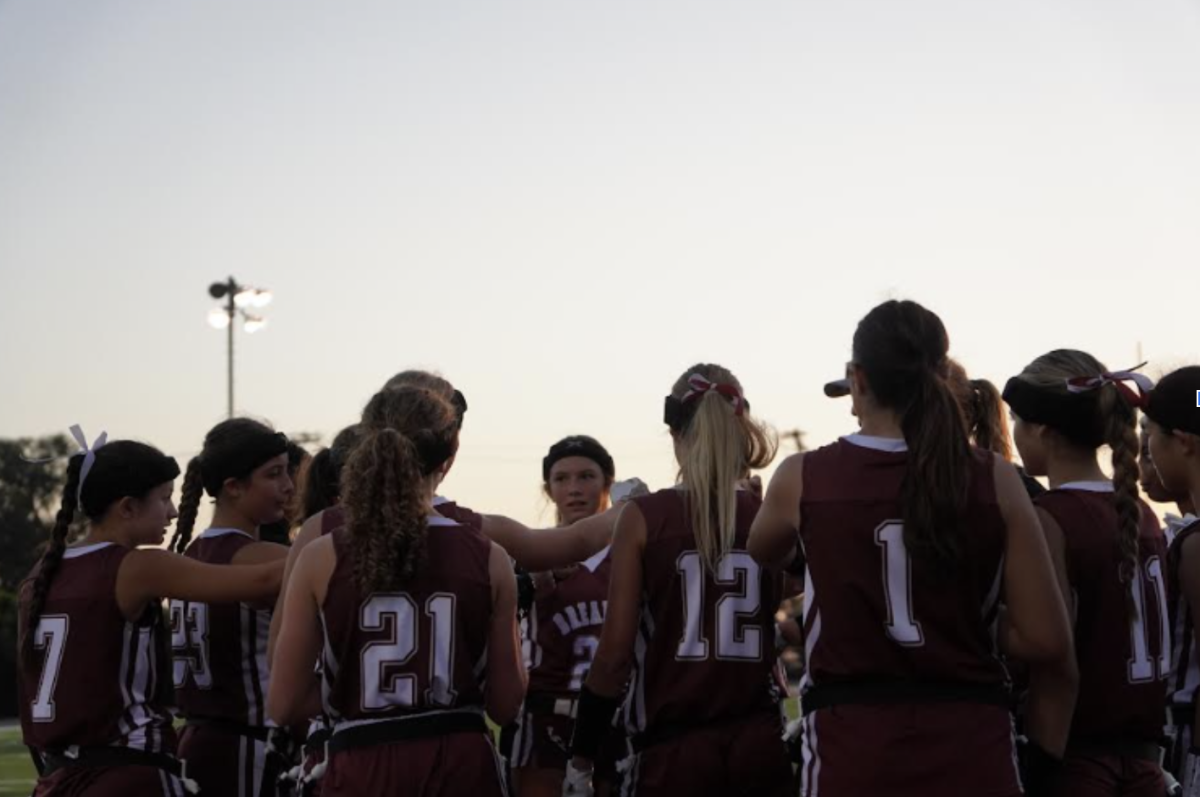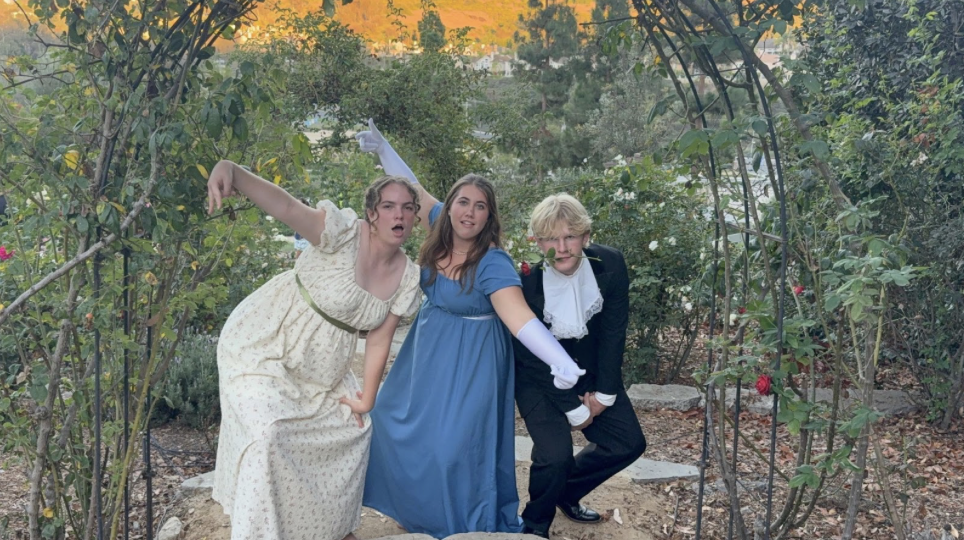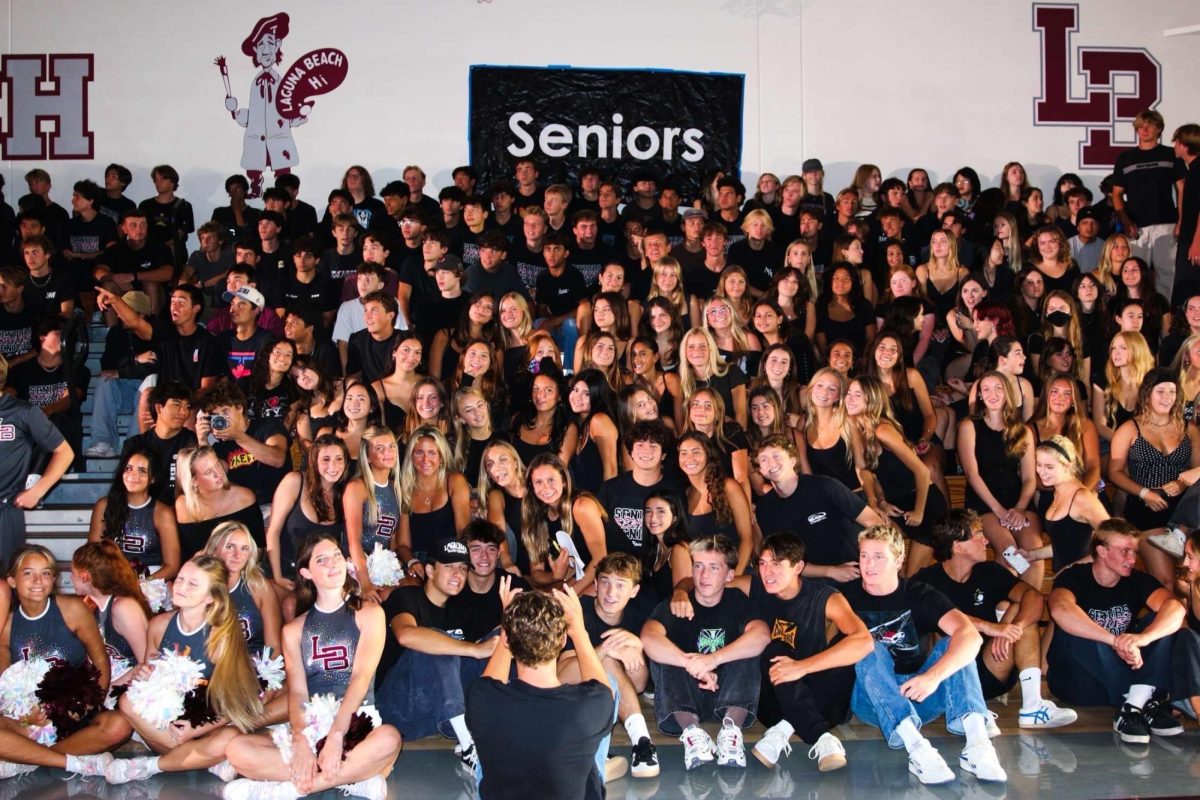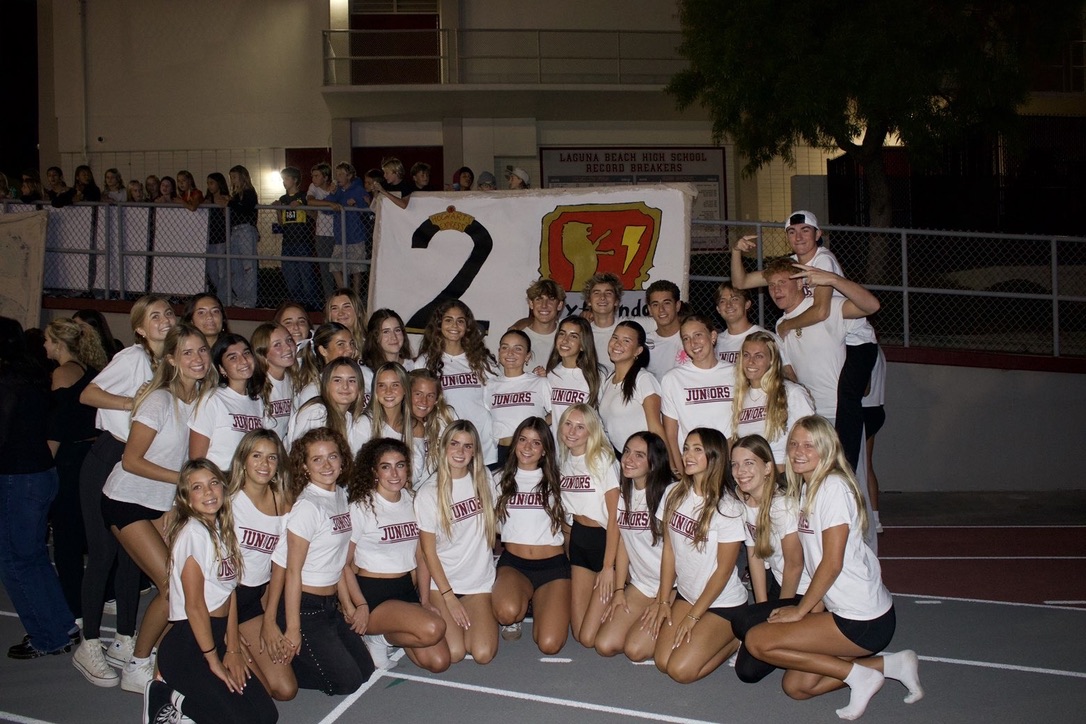Two weeks ago, March 13th marked the four-year anniversary of what seemed like the end of the world. Schools shut down, workplaces were closed, and streets were empty. It was a time of uncertainty and anxiety for all global citizens. As young children in our first year of middle school, the class of 2026 was sent home in excitement. We expected to be home for only two weeks yet didn’t return for over a year; some were gone even longer. People began to appreciate the little things in life, such as toilet paper, standing closer than 6 feet to their loved ones, regular amounts of sourdough starter, and their health. The impact COVID-19 has had on our world is immense. People’s daily routines, work, education, and society have never been the same since March 13th, 2020.
Both work and education were never the same after the COVID-19 pandemic. The work environment evolved to be more efficient, but it also lost the sense of community that it had when everyone would come together to complete a common goal. Millions of Americans moved their workplace into their living rooms, and schedules became more flexible. 56% of 125 million full-time workers said they could do their jobs from home. For example, many Laguna Beach High School parents work indefinitely from home. Yet, it has been found that 80% of employees are not actively engaged in their work, causing the global economy to lose 7.8 trillion in productivity, which is 11% of the global GDP. After the pandemic began in April 2020, 23 million had lost their jobs. This impacted families greatly and was devastating to many people around the world.
Education was also severely impacted by COVID-19. Zoom became the number one form of communication. For example, it was normal for my parents to walk into my room to see me doing jumping jacks in front of the computer while on video with the rest of my class. However, for middle schoolers and pretty much anyone in their primary education, it took an effort to focus when no one was ensuring we were. I would be lying if I said I didn’t turn off my camera and watch TV multiple times a week. Due to this, many kids are behind in certain areas of their education.
COVID-19 puts people in years’ worth of isolation from their everyday lives. We went from seeing our friends daily to interacting with them on our phones even if they only lived a block away. Our only social interaction was through FaceTime calls and short text interactions to ask when the English class Zoom would start. Birthday parties turned into driveby waves, and snuggling up on the couch to watch a movie turned into masked 6 feet away social distanced interactions. Our world ended; of course, we still got to wake up daily, but it felt like the world had stopped. As 12 and 13-year-olds being in a lockdown meant our social life was gone. Our closest friendships felt like they were fading, as we all had to hide behind our screens.
COVID-19 was proven to have caused a rise in social anxiety and the ability for people to strive in social settings. Not only did COVID-19 cause an increase in social anxiety, but also a spike in depression. In itself, these mental health disorders affect everyone’s day-to-day life, causing a difference in people’s ability to socialize and taking a toll on friendships. The high use of technology is the root of our generation’s lack of social skills; we are so used to putting on a fake face and pretending to be someone else over social media. When we returned to face-to-face interactions, we didn’t know how to act or use words. There was no Grammarly fix for our sentence structures or a way for us to cover up our flaws. Everyone felt judged; we couldn’t hide behind the screen anymore. Over four years, we as a generation have slowly developed the ability to have comfortable social interaction. COVID-19 was a time we never thought we would be able to recover from, but now I can write this in a classroom filled with my friends, and I don’t have to be covered by a mask or worry about staying 6 feet away.
COVID-19 has forever changed our way of life, allowing people to adapt to new living situations. Everything was impacted; our education was changed, affecting how we learn and our ability to learn. Work lifestyles were permanently moved to home offices, and there was a rise in mental health issues, causing one to struggle in a social setting. The virus left the US with a void that will never be filled. So many lives were lost due to the virus, and the void of loneliness will never be filled; loved ones were lost forever. With all the negative impacts covid caused, it did teach us the importance of human connections, and to value the small aspects of life. The virus itself has passed, but aspects of it we are still struggling to recover from today. COVID-19 was a time we thought we would never be able to rover from, but as a country, we have come together to gain what we thought we had lost forever.



